Things To Know Before You Start Your Very Own Garden
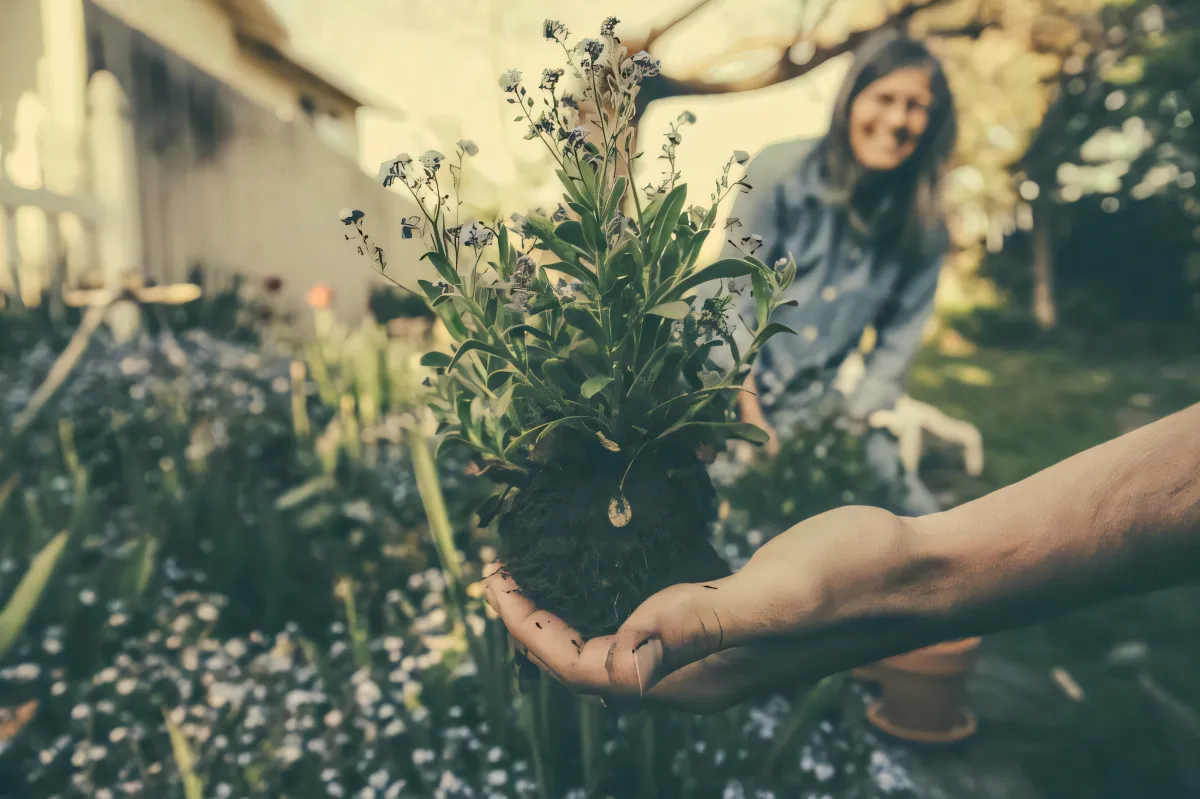
We live in a world that is very closed off from nature. So many of us get all of our food from restaurants and grocery stores and work indoors, cut off from direct sunlight and fresh air. A great way to get back in touch with nature, no matter how much space you have, is to start a garden!
Gardening takes many different forms, but whether you want to keep a small herb garden on your windowsill, plant lots of fruits and vegetables outside. Even if you want to add some new flowers around your house and yard, gardening is an excellent way to get back in touch with nature.
However, if you’re like me, bringing plants to life is a lot more difficult than it seems on TV. So, I’ve put together a quick, yet comprehensive guide of things you should ask yourself before starting your own garden.
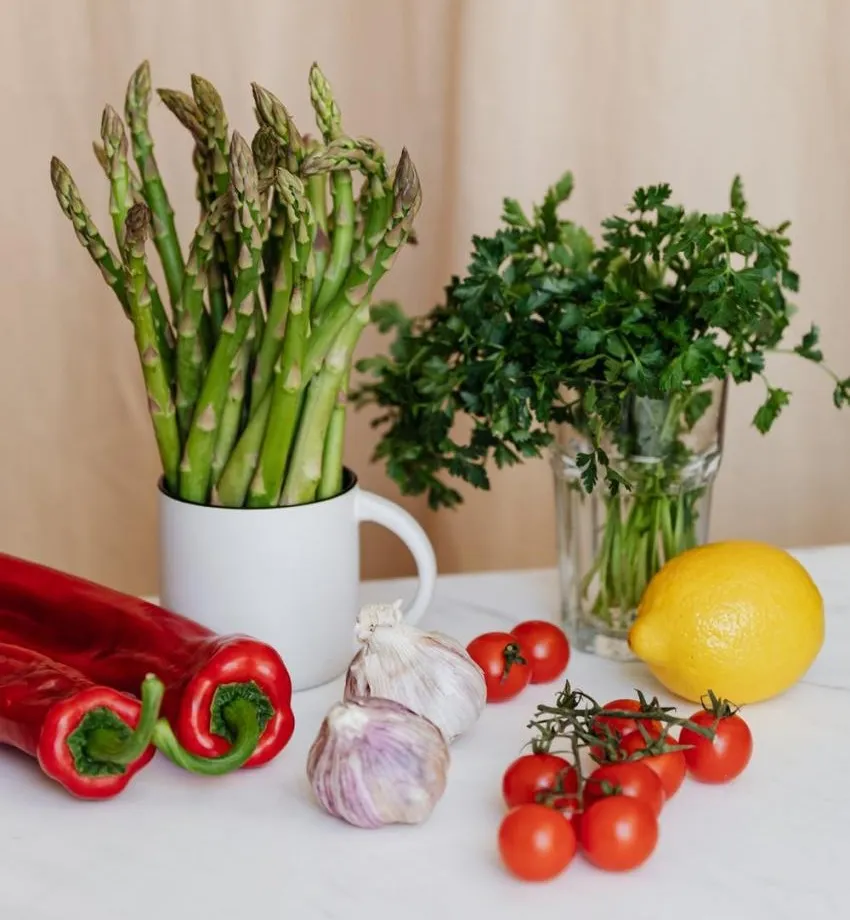
1. What do you want to grow?
The very first thing you should ask yourself is what you want to grow in your garden. Maybe you’re looking to grow some vegetables so you can have fresh additions to your meals.
Or perhaps you’re tired of paying $5 for a few ounces of cilantro only to use ⅛ of it before the rest goes bad and you’re wanting to start a small herb garden. Maybe you’re looking to finally put in those flowers in the front yard. The kind of garden you want to cultivate will greatly affect the level of research you should do before planting to ensure successful growth.
Herb gardens are incredibly easy to start and need little space and maintenance to flourish. Most herbs will thrive if left in a pot on a windowsill and watered once a week. Starting an herb garden is a great way to cheaply spice up your meals throughout the week, and it needs so little maintenance that anyone can keep it going!
If you want to grow your own fruits and vegetables, you’ll need to invest a decent amount of time and energy into researching and starting the garden. You’ll want to pay close attention to the tips below, and probably check out a few of my helpful links once you're ready to hit the ground running.
If you're looking to decorate your yard with some nice flower beds, these tips will help you greatly. You'll want to take extra care to read up about the soil you're planting in, as the acidity of your soil can affect the color of your flowers!
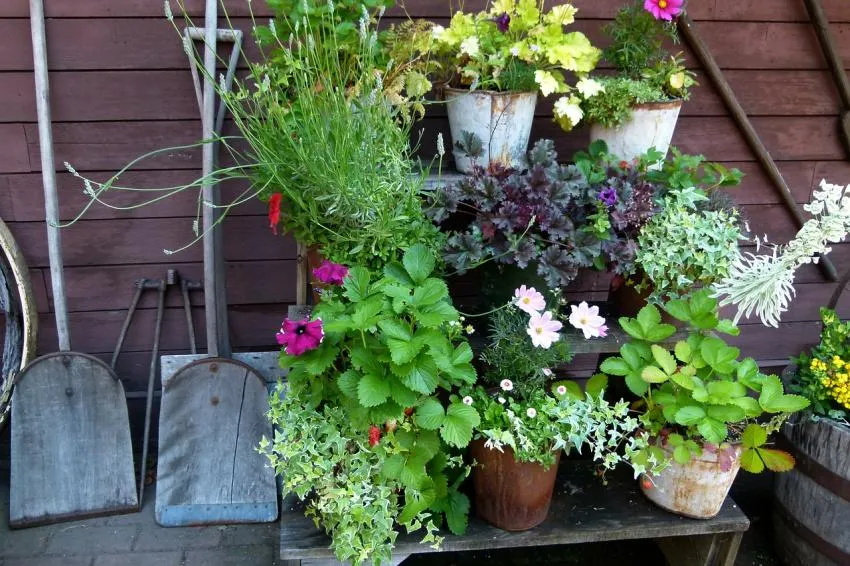
2. How much space do you have available in your garden?
This one is pretty simple: you need to know how much space you have to work with when starting your garden. Whether you have acres of land at your disposal or just a single well-lit windowsill, you can start gardening and growing plant life.
The amount of space you have will set limits to what you can grow. For example, if you live in an apartment complex, you probably don’t have room for a vegetable garden, but you do have room for an herb garden or some houseplants.
If you’ve got a large yard and are looking to grow some fruits and/or vegetables to help keep you fed. It will tell you how large your garden should be in size and how many of each plant you should grow to support your family.
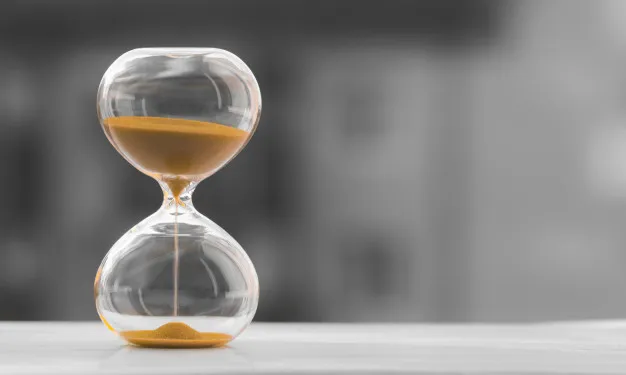
3. How much time can you invest in the garden?
Before you begin you need to ask yourself how much time and money you will really be able to commit to your garden. Unless you’re tackling a major landscaping project, starting a garden shouldn’t take more than a day or two, but the real commitment comes with the maintenance and upkeep.
You don’t need a lot of money to cultivate most types of gardens, but you will need varying levels of time depending on what you’re growing and where.
If you’re gardening on a plot of land outdoors, you’ll need to monitor how often it rains to make sure your plants aren’t over or under watered. You’ll also need to monitor the amount of sunlight your plants are getting and keep weeds from choking them. This means daily checks and weekly maintenance depending on how quickly weeds take root in your garden.
If you’re going for something smaller scale, like an herb garden or some indoor plants, there will be less maintenance involved. Most herbs only need to be watered once a week, so an herb garden is incredibly easy to maintain, even if you don’t have a green thumb.
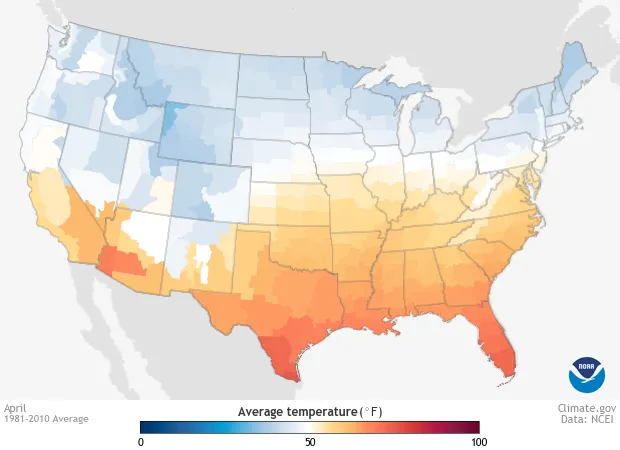
4. What hardiness zone do you live in?
Where you live is going to affect what you can grow and where. For example, if you live in the Midwest region of the United States, you won’t be able to grow plants native to tropical climates outdoors unless you have a greenhouse space.
You can easily find out what hardiness zone you live in by following this link to climate.gov. If you’re planning on gardening outside, this is a step you cannot skip. Once you know the average temperatures and rainfall for the area where you live, you can use this guide to see which plants will grow best in each of the 13 hardiness zones.
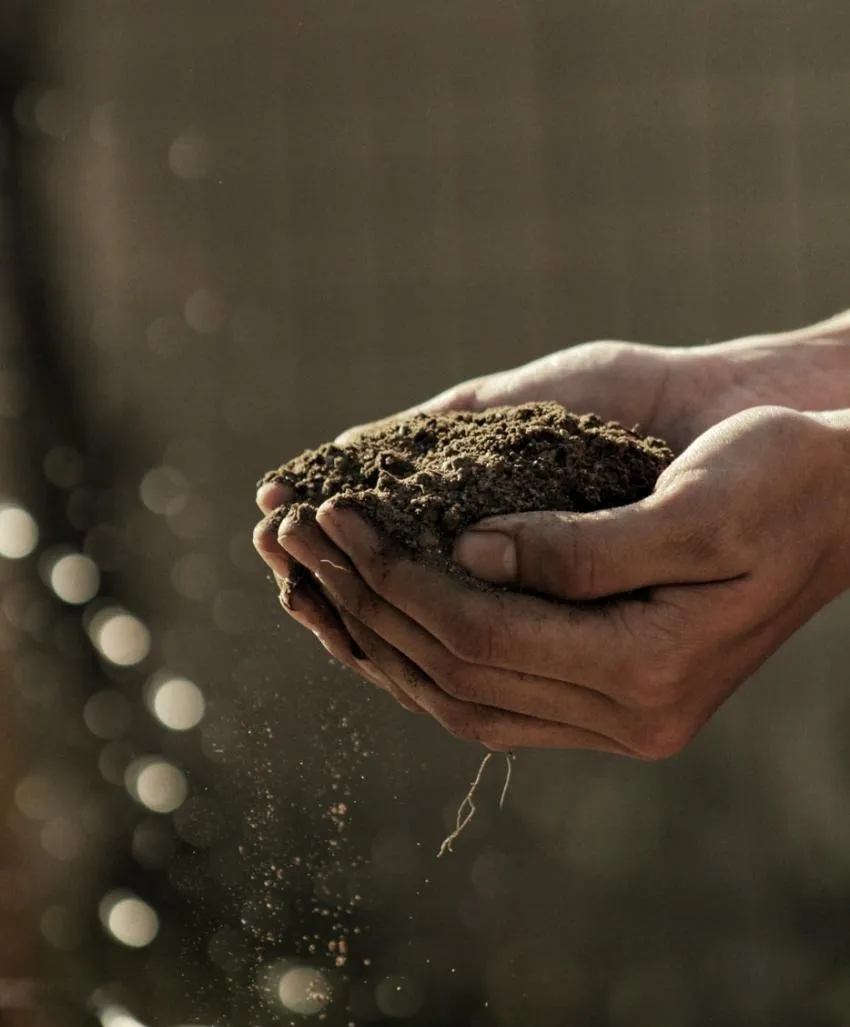
5. What is the soil like where you live?
Whether you’re planning to start gardening outdoors or get some potted plants growing inside, it’s important to know what kind of soil you’re working with. All plants require nutrients from the soil, but it’s important to know how the plants you’re growing will be affected by the contents of the soil they're grown in.
For example, corn takes loads of nitrogen and phosphorus from the soil, and if those nutrients aren’t replenished, the soil won’t be able to support another planting of corn. I'm from Indiana, and while the state may be famous for its rows and rows of cornfields, What locals know is that every other year, these fields don't have tall corn stalks, but little green soybean plants.
The soybeans pull hardly any nitrogen and phosphorous from the soil compared to corn, and alternating the planting of these crops gives the soil a chance to recoup the nutrients it loses, allowing you to continue to use the same patch of land for nearly continuous planting and harvesting. It's a sustainable practice that you should employ if you want your garden to give you long-term benefits.
If you’re planning on planting outdoors, it’s crucial to know some things about the soil around your house. The level of acidity in your soil can affect how plants grow. For example, flowers that grow in acidic soil appear bluer because the roots can absorb more aluminum, giving the petals a blue tint.
You can easily test your soil to see if it’s acidic: take a small sample of soil from the area where you plan to place your garden and mix it with ½ cup of water. Then, add ½ cup of baking soda to the mixture, and if it bubbles, then you know your soil is acidic!
The general pH range for growing food crops is 5.5 to 7.5, but potatoes and most berries actually grow better in acidic soil, so don’t get discouraged if your soil mixture bubbles up, you can still grow delicious food and beautiful flowers.
Starting your first garden can be intimidating, especially if, like me, you have a terrible track record with houseplants. For years I couldn't keep anything alive and I couldn't figure out what I was doing wrong.
As it turns out, there's a lot more that can keep your plants from thriving than improper watering practices and inadequate sunlight. The tips and links in this article are all chosen from my own research in starting a garden.
I wanted to grow some vegetables outside my apartment so I could eat some cheaper, healthier meals. I did all my research, and planned out my vegetable garden, only to find out that I'd be moving out of this apartment before I could reap the rewards!
So, I switched gears and started a small herb garden! I never thought I'd be able to keep a garden going, but it's working out great so far! If you're intimidated by starting a large garden, try using these tips to keep some houseplants or a small herb garden going.
You'll find it's much easier to keep your plants alive, and will get a sense of accomplishment you can use to tackle that bigger garden project down the road. Get out there and start planting!
Opinions and Perspectives
The time commitment section is so important. Gardening is definitely not a set-it-and-forget-it hobby!
Never thought about how different plants affect soil differently. Really useful information.
Yes grow lights work great for herbs! I use them all winter to keep my basil going.
Question about indoor growing has anyone had success with grow lights for herbs?
Just started my first herb garden thanks to this article. Fingers crossed for success!
Using this guide to plan next spring's garden. The soil testing will be my first step!
Something to add about mulching. It's made such a difference in water retention for my garden.
The hardiness zone info was eye-opening. Finally understand why certain plants struggle in my area.
Wondering if anyone has experience with greenhouse gardening in colder climates?
Important point about soil nutrients. My garden improved dramatically once I started paying attention to this.
The article could mention seasonal cleanup too. Garden maintenance doesn't end with the growing season.
Container gardening is perfect for beginners. More control over soil and water conditions.
What about container gardening? Been having great success with patio tomatoes and peppers.
Agree about morning watering! Evening watering led to mildew on my squash plants last year.
Something to add about watering being better done in the morning to prevent fungal growth.
The indoor vs outdoor maintenance comparison is helpful. Definitely influenced my decision to start small indoors.
Smart to mention climate zones. Too many people try to grow plants that just won't survive locally.
Finding this so helpful for planning my first garden. The step-by-step approach makes it less overwhelming.
Would love some advice on natural pest control methods. Trying to keep my garden organic.
Really appreciate the emphasis on knowing your space limitations. Saved me from overambitious plans!
The baking soda test is neat but remember it's just a rough guide. Professional testing is more accurate.
Interesting about the corn and soybean rotation. Makes me think differently about my vegetable garden planning.
Raised beds are fantastic! Better drainage and easier on your back. Highly recommend.
The part about maintenance is crucial. People think plants just grow themselves!
Good article but should mention the importance of proper drainage. Lost several plants to root rot early on.
Yes! Microgreens are super easy and ready to harvest in about two weeks. Great starter project.
The advice about herbs is spot on. My little kitchen herb garden has saved me so much money.
Interesting point about soil nutrients. Never considered how different plants deplete the soil differently.
Love how the article emphasizes starting small. My windowsill herbs led to a full backyard garden eventually.
True about timing! I planted my tomatoes too early this year and lost them all to frost.
The article should mention seasonal planning. Timing is everything with outdoor gardens.
Anyone else find gardening incredibly humbling? Nature definitely keeps me in check!
Just wanted to add that dollar stores often have basic gardening supplies. No need to spend a fortune getting started.
The soil testing tip is great but you can also get professional soil testing done through local extension offices.
Really wish the article had mentioned pest control. Currently battling an aphid invasion on my pepper plants.
I started with succulents and worked my way up. Perfect for building confidence if you're new to gardening.
Good point about checking hardiness zones. Saved me from wasting money on plants that would never survive here.
Has anyone tried growing fruit trees? Thinking about adding some dwarf varieties to my backyard.
The article makes it sound easier than it is. My first garden was a complete disaster despite following all the rules.
Weekly watering depends on your climate. In Arizona I have to water my herbs almost daily in summer.
Question about the herb garden maintenance does anyone find weekly watering enough? Mine seem to need more frequent care.
I love the sustainable approach mentioned with crop rotation. We need more emphasis on these traditional farming practices.
Just want to say that gardening has been amazing for my mental health. Getting my hands in the dirt is so therapeutic.
The part about time commitment is so true. My garden takes at least an hour daily in peak season.
Great guide but I wish it mentioned something about composting. It's been a game-changer for my garden.
Anyone else struggling with squirrels? They keep digging up my bulbs despite following all other advice perfectly.
This is making me rethink my ambitious plans for a full vegetable garden. Maybe I should start with herbs first.
The tip about watering frequency is crucial. Lost my first garden to overwatering because I thought more was better.
I've tried vertical gardening with strawberries and lettuce. Works amazingly well and saves so much space!
Wonder if anyone has experience with vertical gardening? Trying to maximize my small patio space.
The baking soda soil test is brilliant! Just tried it and apparently my soil is quite acidic. Time to adjust my planting plans.
My grandmother always said to talk to plants. I thought she was crazy but there's actually science behind it with the CO2 we exhale!
Actually if you're growing mint, definitely keep it in a separate container. Learned that lesson the hard way when it took over my entire herb bed.
I've found mint to be super invasive in my garden. Wish the article had warned about some plants taking over!
Never thought about crop rotation for a home garden. Makes total sense why my vegetable patch yields kept decreasing.
You're absolutely right about the soil testing. My tomatoes failed last year because I didn't check the pH levels first.
Thanks for mentioning the herb garden option for apartment dwellers. I've got a tiny windowsill but this gives me hope!
I'm curious about companion planting. Has anyone tried growing tomatoes alongside basil? I heard they help each other.
These tips are great but I'd add that starting small is key. I got too ambitious with my first garden and it was overwhelming.
The hardiness zone info was super helpful. Just moved from Florida to Michigan and couldn't figure out why my plants weren't thriving here.
Really appreciate the tip about soil acidity affecting flower colors. Never knew that's why my hydrangeas keep changing shades!
I love how practical this guide is! Started my herb garden last month and wish I'd read this first. Would have saved me from killing my first batch of basil.
